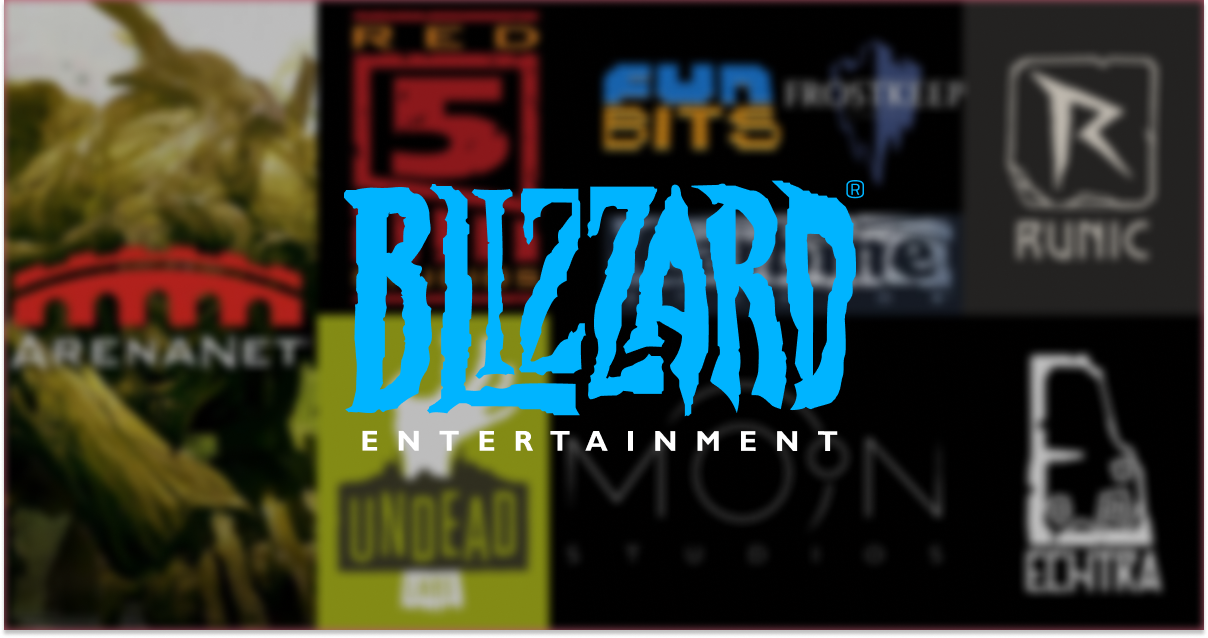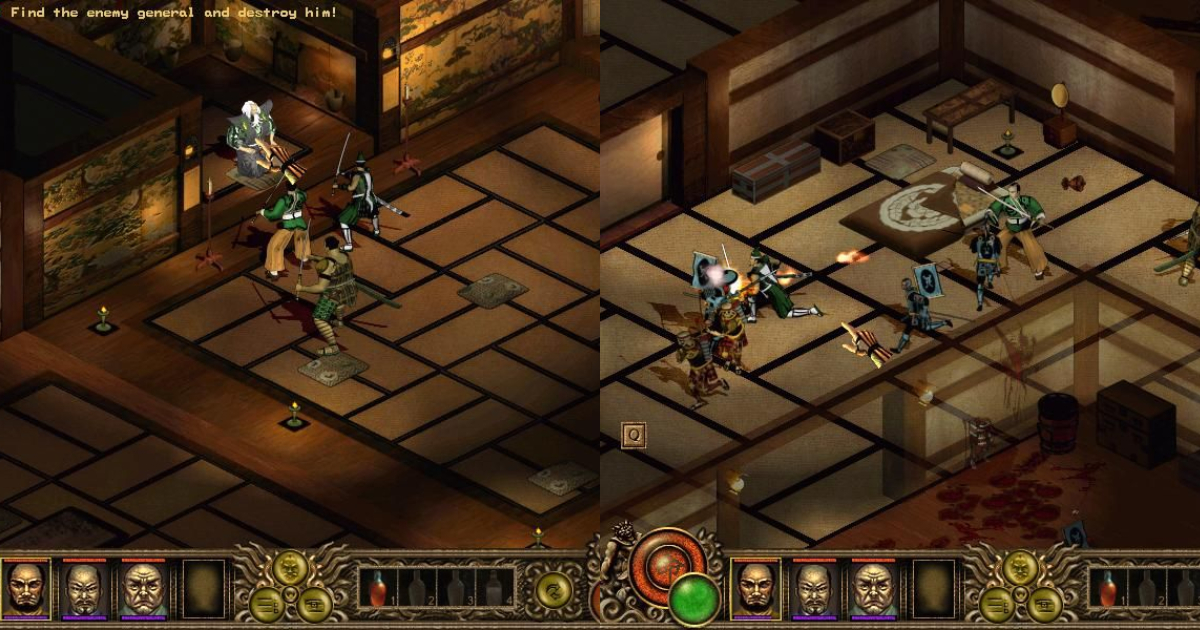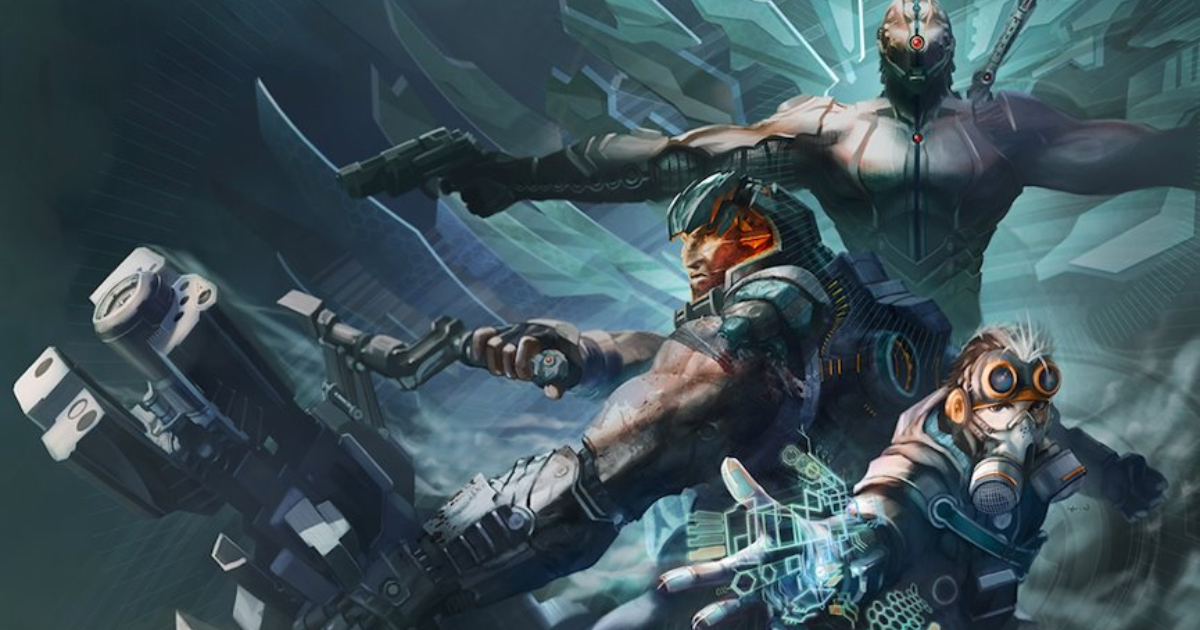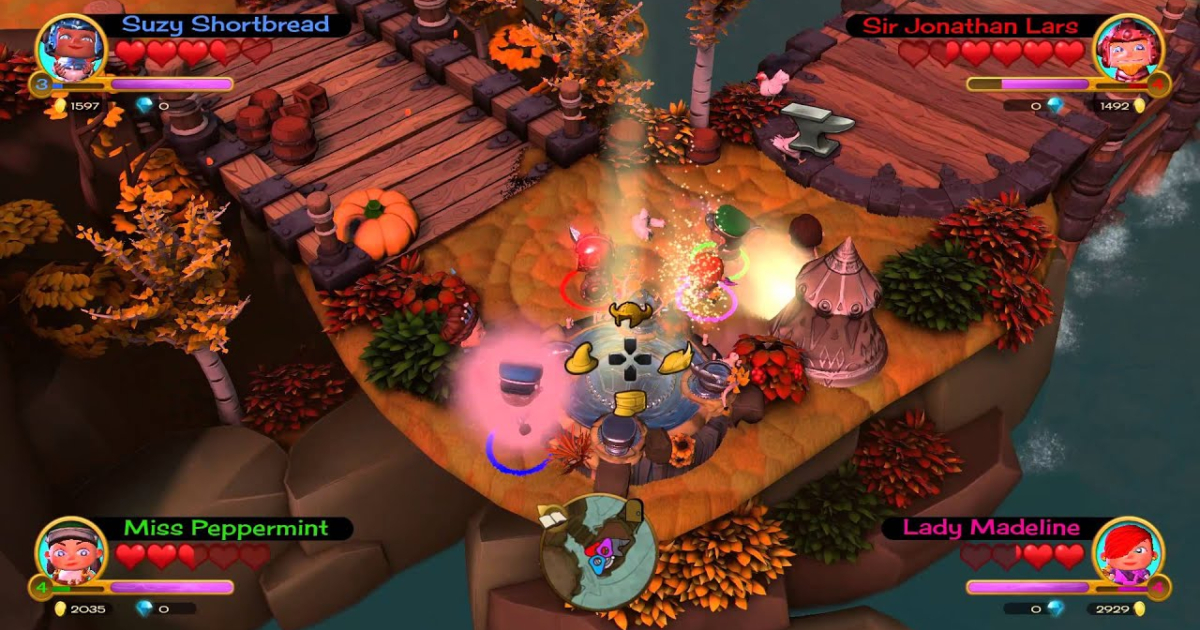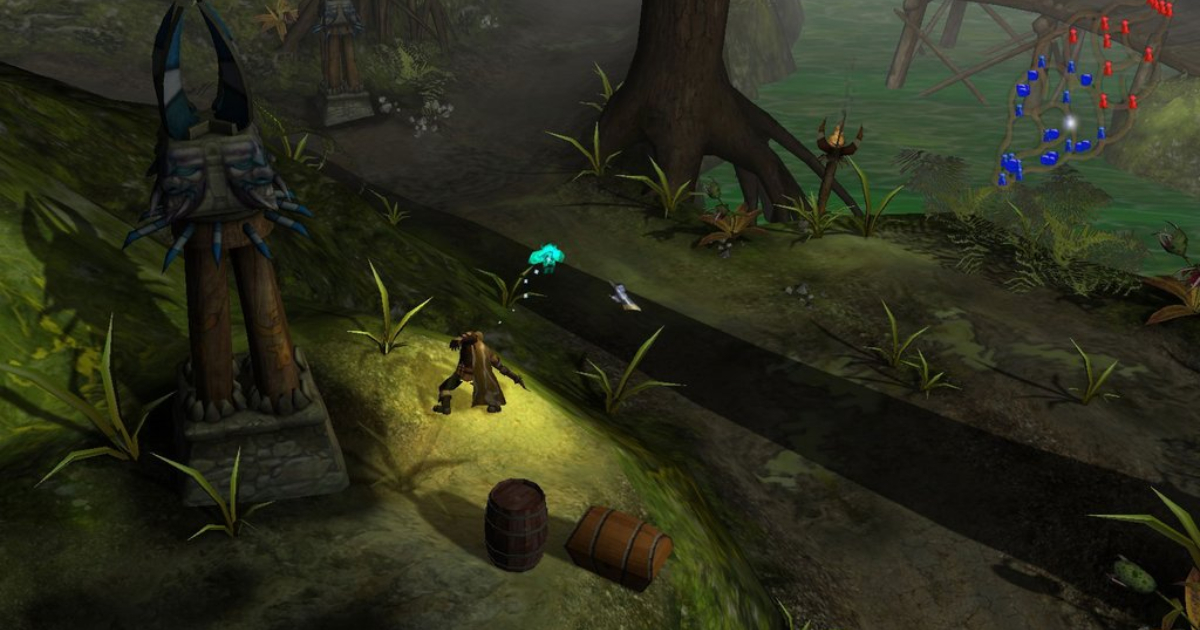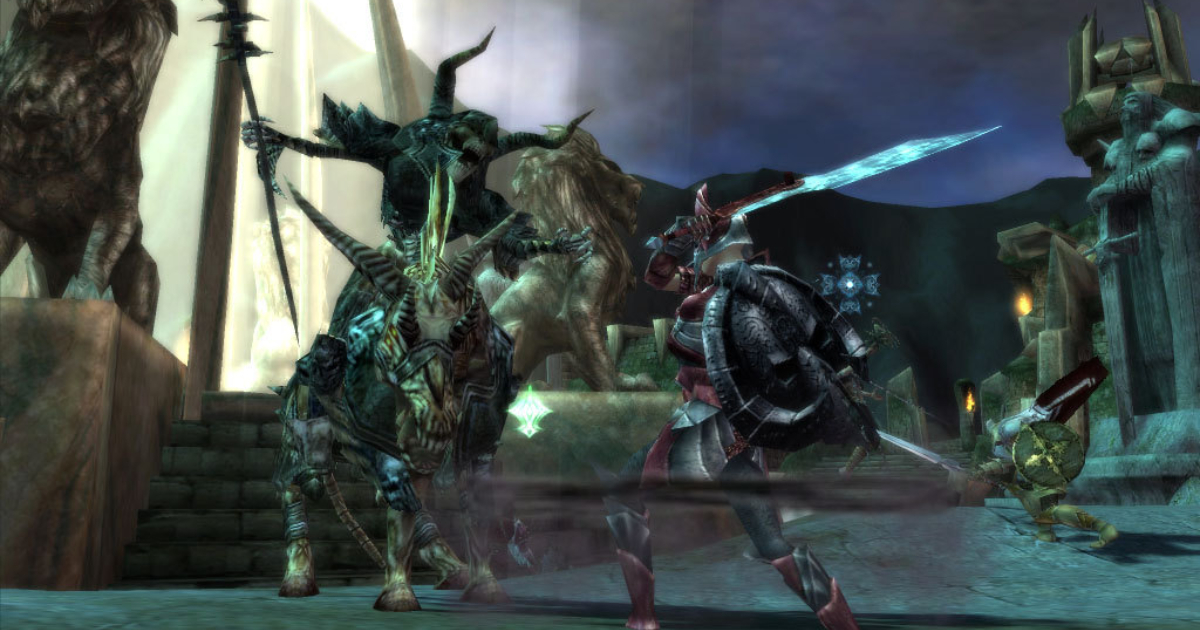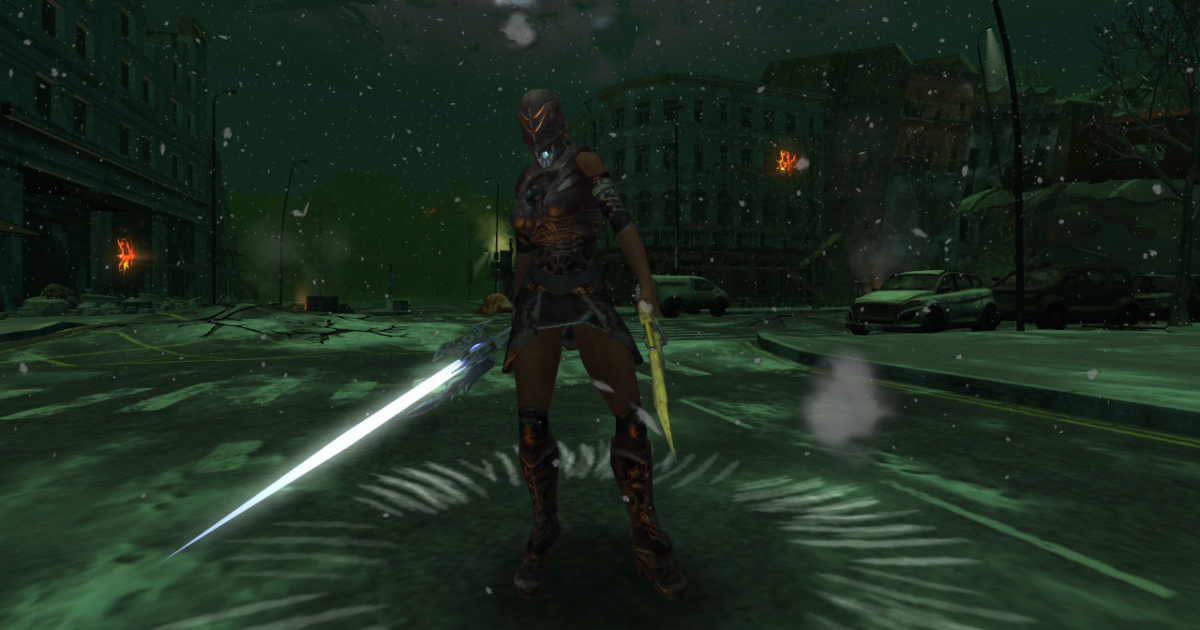A dossier on studios by Blizzard veterans (1998–2019): from ArenaNet and Diablo killers to major failures and the triumph of Marvel Snap
After the release of Jason Schreier's book on the history of Blizzard, we once again ponder how many studios were founded by former employees of this renowned company. It turns out the number exceeds 50, with about half of them ceasing operations for various reasons. We will tell you about most of them.
Initially, we planned to fit all the information into one article, but there were simply too many companies. So it was decided to split it into two parts—the second will be released next week and will focus on the young startups by former Blizzard developers that have emerged in the past five years.
Today we'll look back at about 30 studios founded from 1998 to 2019. We’ll discuss the success of ArenaNet, the unsuccessful “killers” of Diablo and World of Warcraft, big indie hits, several card games, and one very notorious developer.
1998–2009
Before moving on to the key studios founded by former Blizzard employees during this period, let's briefly look at some lesser-known examples.
- 1998 | Fugitive Studios — founded by designer James Phinney and programmer Jesse McReynolds following the release of the first StarCraft. After securing $2 million from GT Interactive for a not-yet-announced action game, the studio closed within less than a year.
- 1999 | Click Entertainment — artist Ben Haas and programmer Doron Gartner established the company after working on the first Diablo. Initially, they signed a contract to develop Barbie: Super Sports. However, their full-fledged debut came in 2001 with the action RPG Throne of Darkness, which received mixed reviews. Click Entertainment lasted only a few years, and Haas and Gartner have since exited the gaming industry.
Throne of Darkness
- 2003 | Castaway Entertainment — led by key Blizzard North staff and developers of Diablo: programmers Richard Seis and Michael Scandizzo, and level designer Stefan Scandizzo. However, the team only released one game — the arcade racing game Yaris in 2007, which was distributed for free on Xbox Live Arcade. The company closed the following year due to financial difficulties.
- 2005 | Hyboreal Games (later UI Pacific) — another studio by Diablo developers. This time by game designer Eric Sexton, artist Michio Okamura, and programmer Steven Woo. The team worked on a space shooter with RPG elements called Starfall, but the game was never released. The studio closed in 2009, and its founders went their separate ways. For instance, Sexton later worked on Borderlands 2 and has been with Crate Entertainment (Grim Dawn) for the past 10 years.
One of the Starfall artworks
- 2008 | Gravity Bear — the studio of Diablo II artist and Hellgate: London art director Phil Shenk. Known primarily for the social game Battle Punks, it ceased to exist shortly after being acquired by Canadian company Kabam in 2012.
- 2009 | Atomic Operations (later Fun Bits Interactive) — founded by former Blizzard and Lionhead producer Chris Millar. The studio made games like Escape Plan and Fat Princess Adventures, with its last title Squids from Space releasing in 2017. Millar still lists himself as the CEO of Fun Bits on LinkedIn, but the company likely no longer operates.
Fat Princess Adventures
- 2009 | Inert Soap — after the closure of Castaway Entertainment, Michael Scandizzo teamed up with developer Tom Ricket, and they developed several mobile games including Man at Arms, Gnome Home, and Fingerzilla. However, since 2015, Inert Soap has shown no signs of activity.
- 2009 | Big Tree Games — emerged from the remnants of Castaway Entertainment. Richard Seis and Stefan Scandizzo managed to find a publisher in Challenge Online Games and revitalize the team. Big Tree worked on Demonborn, which combined elements of Diablo and DotA (at the time still just a Warcraft III mod). The game was never released, and the studio ultimately closed.
Demonborn
ArenaNet
Year Founded: 2000
Status: Active
Founders: Mike O’Brien, Patrick Wyatt, Jeff Strain
Investments: NCSoft (parent company)
Games: Guild Wars
ArenaNet was the first successful company founded by former Blizzard employees. Led by top specialists—O’Brien and Strain were important figures in the development of StarCraft, while Wyatt had roots back to the Lost Vikings and was responsible for creating the Battle.net service.
In 2002, the South Korean publisher NCSoft acquired ArenaNet for $15.5 million, with about $6.5 million of that going to the three founders in the form of bonds. Three years later, the studio released its debut project—MMORPG Guild Wars. The game has transformed into a successful franchise that continues to develop without the involvement of its creators. O’Brien, Strain, and Wyatt left ArenaNet at different times, eventually founding additional companies.
Guild Wars
Flagship Studios
Year Founded: 2003
Status: Closed
Founders: Max Schaefer, Erich Schaefer, David Brevik, Bill Roper
Investments: Unknown
Games: Hellgate: London, Mythos
The story of Flagship Studios began in 2003 when Blizzard North founders Brevik and the Schaefer brothers, along with Roper (then vice president of the studio), threatened to resign if parent company Vivendi Games did not provide financial protection and full information about any potential sale of Blizzard (at that time, there were unverified rumors of interest from Microsoft). Vivendi's bosses were unfazed and simply accepted the resignations of the four developers, who were key to creating the Diablo franchise.
Together, they founded their own studio and began developing Hellgate: London—an FPS with RPG elements and other mechanics inspired by Diablo. Despite the team's ambition and experience, the game was a commercial flop and received a lukewarm reception from audiences. Flagship faced financial difficulties and couldn't complete their second project, the online action RPG Mythos. The project was handed over to South Korean publisher HanbitSoft, and the studio closed in 2008.
Hellgate: London
